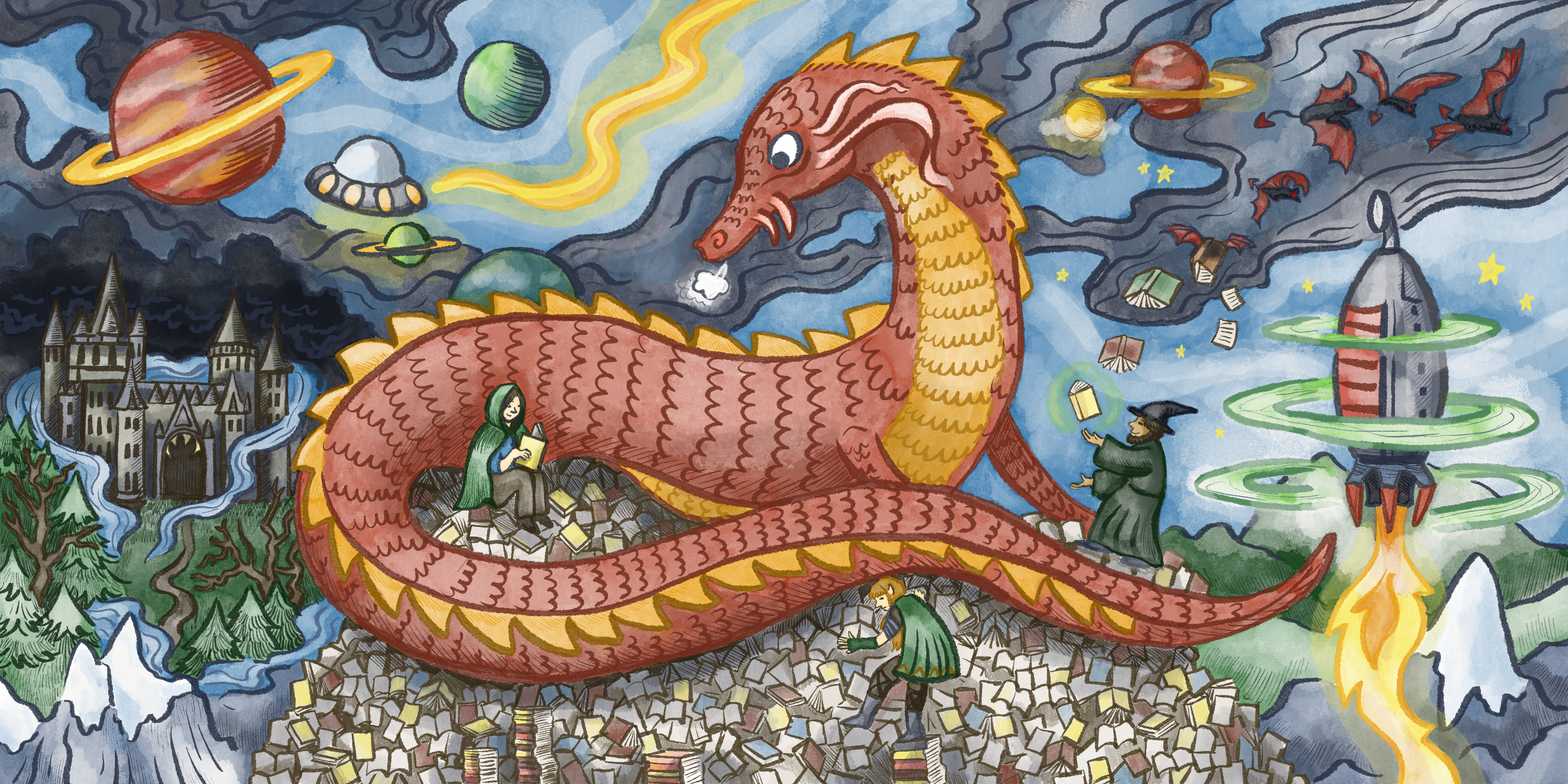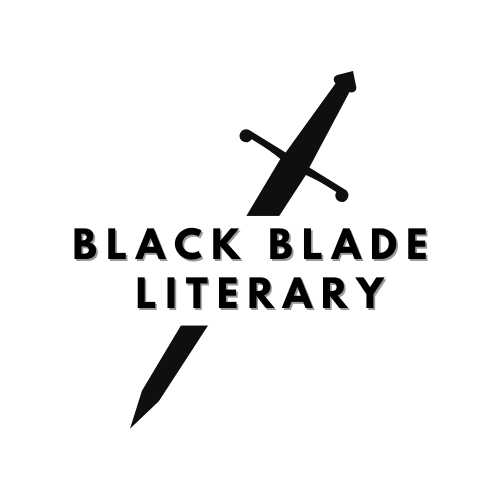Greetings intergalactic travellers, beings from the infinite deep and sneaky little hobbitses! I’m Dr Russell Jones: director of Black Blade Literary -- a consultancy for genre fiction writers -- and editor of science fiction, fantasy and horror with around two decades of experience (depending on the quality of your flux capacitor or the surge of mana pumped into your Time Stop spell). I have a few top tips to share in a bid to help you get your genre novel ready for publication, so strap in and grab a mug of Earl Gray. Hot.

Fleshing out your concept and world
Consider: what are the unique differences in your world which impact the life of your characters?
A big concept can be a grand thing, but smaller details can bring a world to life. Perhaps your main character is caught up in a dangerous political upheaval (“The demon kin are revolting… In more ways than one!”) but how can that manifest in day-to-day ways?
To help add rotting meat to the bones (that’s one for you necromancers out there), I highly recommend writing a scene about your character’s regular life. Where do they go and how to they get there? What do they eat and drink? What do they do in their free time? Talk to a friend about your world/concept, they might ask questions you hadn’t considered.
Creating an investable main character
By “investable” I do not mean that readers need to agree with your character’s world view or actions, or even find them likeable. But there should be something intriguing, something worthwhile about them so that readers want to find out what happens next and how they are going to react. Here are a couple of suggestions to help with this:
Capture real emotion – an orc warlord may be ruled by unbridled anger but they may also have an overwhelming desire to curl up in the foetal position and eat cheese to stop the onslaught of existential dread. Those human connections can break through the barriers created by difference. Emotions are relatable, even if scenarios aren’t.
Motivations – giving your main character a driving force can show us a lot about who they are and what matters to them most. By establishing a problem and their motivation for fixing (or creating) it, the character has something interesting to do. Give them problems to solve, and dire consequences for getting things wrong.

Nailing tone and tonal shifts
Have you ever been at a funeral (devastated family and friends, a black void in the ground, the promise of cheap sandwiches on the horizon) and the priest suddenly breaks into their stand-up routine? I hope not, and such tonal shifts can also be problematic in fiction.
That’s not to say that a character can’t quip when faced with mortal peril, as this can alleviate their stress or show a deeper psychological issue. But abrupt tonal shifts, or too many tonal shifts in a short space, can be hard for a reader to follow. It can cause them to ask: “What am I meant to be feeling right now?”
To remedy this, isolate a scene and read it with tone in mind. You may need to use your scalpel to remove contrasting tones, or find another place for the cuttings to come to life.
Plots to keep pages turning
Many manuscripts I’ve read have great ideas but nothing much happens. It’s frustrating to me as a reader because I really want to delve into the adventure, only to be told, “Woah now, we have more mundane stuff to get through first!”
That’s not to say that a genre fiction novel needs to have walking corpses, maniac robots and exploding magics in every paragraph (a tense conversation or emotional realisation can be just as exciting) but that the pages need to keep turning. If a reader stops reading, something needs to change!
Formatting for submission
It’s a tough market out there, and having a messy manuscript is only going to work against you. Before sending your out to publishers or agents, check the following:
-
Fix typos and other errors (including random facts and figures which might have changed). If you can no longer trust yourself to spot your mistakes, ask a fellow writer to read it for you.
-
Pick a suitable font, font size and line spacing (I recommend a boring font which is very legible, size 11-12, and line spacing of 1.5-2 so readers don’t get sore eyes).
-
Check the agent’s/publisher’s preferences. If you don’t do as they say, they might not read it at all!
Hasta la vista, baby
That’s it! I hope that some of my thoughts are useful to you when preparing your genre fiction book for publication. Time for me to go sacrifice another lamb to the publishing gods…
Dr Russell Jones is the director of Black Blade Literary – a consultancy offering specialist editorial services for writers of science fiction, fantasy and horror. He has helped hundreds of writers to improve their stories, and was the deputy editor of Scotland's only science fiction magazine for almost a decade. As a writer he has published three novels, one graphic novel, six poetry collections, hundreds of poems and short stories, with a further novel due out in summer 2024. Russell has a PhD in Creative Writing from the University of Edinburgh and was the UK's first Pet Poet Laureate.
Comments